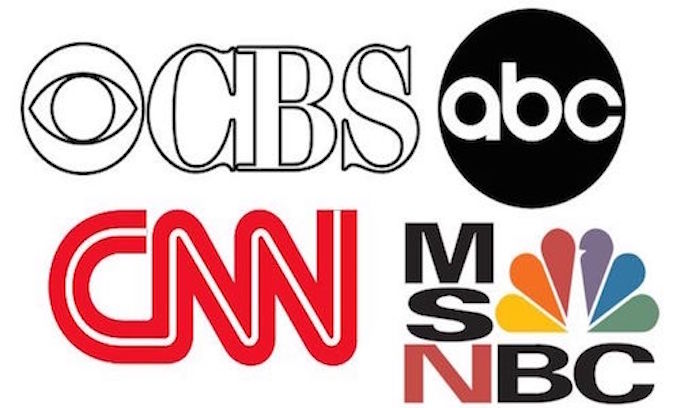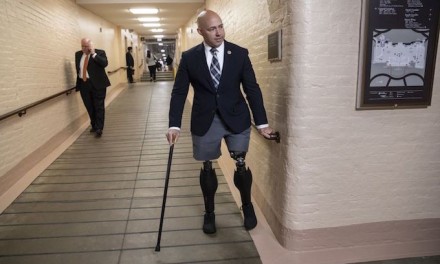It’s too bad so many of the reporters and correspondents of the mainstream/legacy media never went to Sunday school. Not for what that might have done for their immortal souls (many of them don’t believe they have one, anyway), but for their educations, which many of them have yet to complete.
What they don’t understand is lethal, and on occasion can be deadly.
What they don’t “get” most is religious faith, or belief, and the two are not always the same. Many in the press regard such faith as something infuriating, like belief in a resurrection, and think that serious people everywhere agree with them.
Some editors do get it, and despair that some who work under them do not understand why “getting it” is even important. Dean Baquet, the executive editor of The New York Times, is one who does, and he set out to educate his reporters several years ago, not to be converts, but to be competent in their trade.
“I want to make sure that we are much more creative about beats out in the country so that we understand the anger and disconnectedness that people feel,” he told an interviewer in 2016. “And I think I use religion as an example because I was raised Catholic in New Orleans. I think that the New York-based, and Washington-based, probably, media powerhouses don’t quite get religion. We don’t get religion. We don’t get the role of religion in people’s lives. And I think we can do much, much better. And I think there are things that we can be more creative about to understand the country.”
Mr. Baquet did not get a standing ovation from his colleagues in the news business. I leave it to his readers to judge whether he succeeded in doing anything lasting about the press dereliction that is obvious to nearly everybody. But he gets points for recognizing that obvious truth, that if you don’t “get” religion you don’t “get” America.
The only story the media wants is religious scandal, and the only scandal the media wants is the failure of Christian churchmen, which “proves” that all the God stuff is bunk. Anyone who has sat through three or four sermons in almost any pew, Catholic or Protestant, understands that all hypocrisy proves is the veracity of the doctrine of original sin, which holds that “all have sinned and come short of the glory of God.”
The skepticism of the unlettered press, or media, leads to secular misconceptions and ignorance. Many in the mainstream churches, usually identified by their empty pews, obviously regard their church as a convenient place to marry their daughters and put away their dead. Indeed, two recent presiding bishops of the Episcopal Church, the closest we have to an establishment church and which has supplied more presidents than any other religious denomination, have identified themselves as atheists.
Who can blame reporters and correspondents for thinking that if prominent purveyors of “that God stuff” don’t believe it, it must be fakery. Ignorance, alas, does not die in darkness, but thrives. Failing to understand religious belief, and the tenacity that the faithful hold to their beliefs, can occasionally exact a terrible price.
“Our nation has consistently misunderstood the challenge posed by jihadist terror, too,” writes David French in National Review Online. “In part because our secular leaders and reporters often don’t believe jihadists don’t mean what they say. Many in the mainstream press believe jihadists are mainly motivated by resentment of colonialism, or by anger over the Iraq war, or by American support for Israel, rather than by the deep and ancient desire to spread fundamentalist Islam across the world.”
A reporter with an appreciation for “the story” does not have to be religious to understand religious faith, any more than he has to be a murderer to get the story of a serial killer. Atheists, maybe even a bishop, sometimes have a fine understanding of the theology of the Christian church. Such a reporter, no matter how skeptical he might be of Christian zeal, would recognize the difference in the motivations of an evangelical Christian and a jihadist. Evangelicals build hospitals and orphanages and found universities in the name of Christ. Jihadists evangelize with car bombs and the scimitar.
“This is why the culture war and the war against violent jihad will never go away,” says a perceptive anonymous reader commenting on the Web. If a [believer] perceives that his most important and sacred beliefs are at stake, he simply will not go away. Surrender is not an option when the human soul hangs in the balance.” This is something a reporter with a curious mind would want to know.
• Wesley Pruden is editor in chief emeritus of The Times.
© Copyright (c) 2019 News World Communications, Inc.
—-
This content is published through a licensing agreement with Acquire Media using its NewsEdge technology.



















Recent Comments